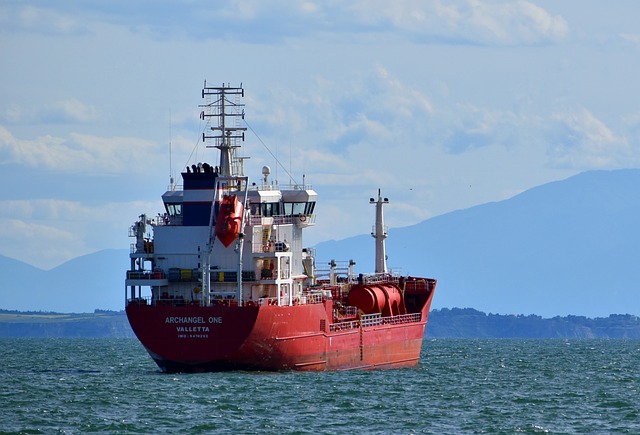In today's globalized trade environment, accurate translations of customs and trade documents are essential for UK businesses navigating complex regulations and procedures. Professional translation services play a critical role by ensuring precise handling of invoices, shipping manifests, and declarations, preventing delays, errors, and costly legal complications. Choosing a provider with expertise in customs terminology, strong security measures, and comprehensive language coverage is vital. Top-tier services leverage native translators, standardized glossaries, and post-translation reviews to maintain accuracy and consistency, supporting businesses' success in the dynamic world of UK customs and trade documents.
In today’s globalized trade landscape, accurate translations of customs and trade documents are non-negotiable. For businesses navigating the complex world of UK customs filings, trusted translation services act as a crucial compass, ensuring compliance and streamlining procedures. This comprehensive guide delves into the significance of precise translations, explores best practices, and examines the evolving role of technology in shaping the future of UK customs translation services. From understanding legal requirements to successful case studies, we provide insights essential for businesses seeking reliable partners.
- Understanding the Importance of Accurate Translations in UK Customs Filings
- The Role of Professional Translation Services in Streamlining Customs Procedures
- Key Considerations When Choosing a Translation Provider for Customs Documents
- Common Challenges in Translating Customs and Trade Documents
- How to Ensure Quality and Consistency in UK Customs Translation
- Exploring the Legal Requirements and Standards for Customs Filings
- The Impact of Machine Translation vs Human Translation in Customs Documentation
- Case Studies: Successful Translations for UK Import/Export Compliance
- Building Trust with Reliable and Secure Translation Partners
- Future Trends Shaping Trusted Translation Services for UK Customs
Understanding the Importance of Accurate Translations in UK Customs Filings

In the dynamic landscape of international trade, accurate translations play a pivotal role in navigating the complex world of UK customs filings. Every document, from commercial invoices to shipping manifests, must convey information with unwavering precision to ensure smooth clearance and avoid costly delays or penalties. The implications of mistranslations can be far-reaching, affecting everything from supply chain efficiency to financial viability.
Customs and trade documents, by their very nature, require a high level of detail and specificity. One wrong translation could lead to misclassification, incorrect duty assessment, or even non-compliance with regulatory requirements. Reputable UK translation services step into this critical role, ensuring that every word is meticulously translated, preserving the integrity of the original content, and facilitating seamless interactions between importers, exporters, and UK customs authorities.
The Role of Professional Translation Services in Streamlining Customs Procedures

In today’s globalised trade landscape, seamless communication is vital for UK businesses navigating complex customs procedures. Professional translation services play a crucial role in ensuring that customs and trade documents are accurately translated, reducing potential delays and errors. With accurate translations, firms can streamline their operations, meet regulatory requirements, and maintain efficiency throughout the supply chain.
Customs filings often involve technical jargon and specific terminology that require expert handling. Relying on machine translations or non-specialised translators can lead to misunderstandings and costly mistakes. Professional translation services, however, offer native-speaking experts who understand industry-specific terminology and local legal requirements. This ensures that documents like commercial invoices, shipping manifests, and customs declarations are handled with precision, facilitating faster clearance and a smoother process for UK businesses.
Key Considerations When Choosing a Translation Provider for Customs Documents

When selecting a translation provider for customs documents in the UK, several key considerations come into play. Firstly, expertise in handling customs and trade documents is vital to ensure accuracy and compliance with regulations. Look for providers with extensive experience in translating such sensitive materials, preferably within the UK market, to understand local requirements and terminology.
Secondly, security and confidentiality are paramount when dealing with customs paperwork. Ensure the translation company has robust security measures in place, especially as they will be handling potentially sensitive business information. Confidentiality agreements and secure data storage are essential safeguards. Additionally, check their language coverage; reliable providers should offer services for all required languages, catering to diverse UK trading partners.
Common Challenges in Translating Customs and Trade Documents
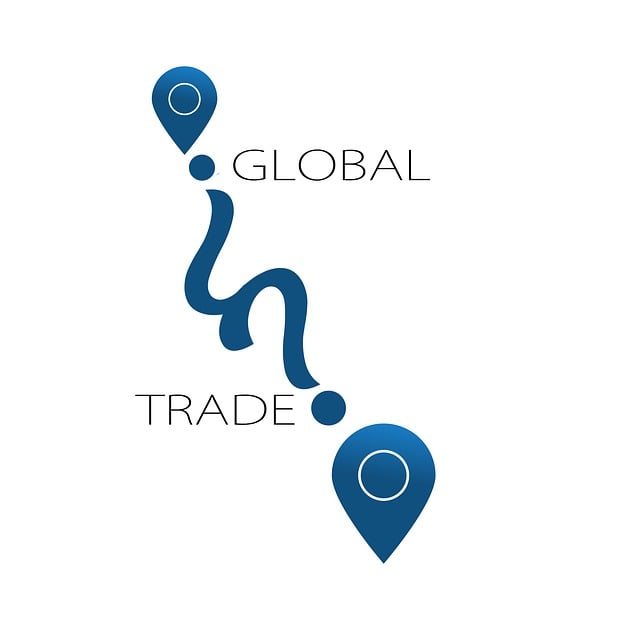
When it comes to customs and trade documents, accurate and reliable translations are non-negotiable. Businesses operating within the UK need to ensure their paperwork—from import declarations to shipping manifests—is not only correct but also compliant with legal requirements. The challenges, however, are numerous.
Firstly, terminology in customs and trade can be highly specialized and subject to change. What might be a standard term in one industry could have a specific, regulated meaning in another. Then there’s the issue of abbreviations and acronyms; what seems like a straightforward translation may require extensive research to uncover the correct equivalents. Moreover, cultural nuances play a significant role, as certain phrases or expressions may not translate directly across languages without losing their intended context or legal validity. UK translation services specializing in customs and trade documents must be adept at navigating these complexities to deliver precise, error-free translations that facilitate seamless cross-border transactions.
How to Ensure Quality and Consistency in UK Customs Translation

Ensuring quality and consistency in UK customs translations is paramount for accurate and efficient clearance of goods. When dealing with complex customs and trade documents, professional translation services are essential to avoid errors that could delay shipments or lead to compliance issues. Reputable providers employ native-speaking translators with specialized knowledge in customs terminology and regulations, guaranteeing precise interpretations tailored to the context.
Consistency is maintained through rigorous quality assurance processes, including proofreading and editing by experienced professionals. Utilizing standardized translation memories and glossaries ensures that terms are translated uniformly across various documents, enhancing coherence and reducing potential confusion. Many leading UK translation services also offer post-translation reviews, further refining the output and securing consistency in even the most demanding customs documentation.
Exploring the Legal Requirements and Standards for Customs Filings
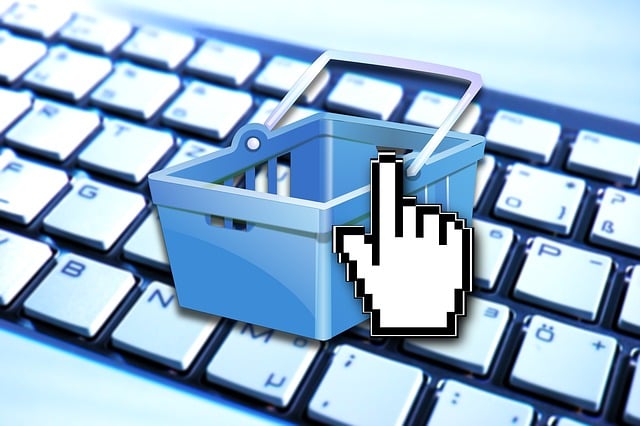
When it comes to customs filings in the UK, understanding and adhering to legal requirements is paramount for businesses operating within the country or importing/exporting goods. These documents, such as declarations, permits, and invoices, must be precise, complete, and compliant with both national and international regulations. This is where professional UK translation services come into play, ensuring that customs and trade documents are accurately translated to meet these stringent standards.
Accurate translations are crucial to avoid delays at borders and potential legal issues. For instance, a miscommunication or error in a customs declaration can lead to hefty fines or even the seizure of goods. Reputable translation services specializing in customs paperwork provide not only linguistic proficiency but also an understanding of regulatory nuances. They employ translators who are knowledgeable about UK customs procedures, ensuring that all required information is conveyed correctly in the target language, be it for European Union (EU) or international trade.
The Impact of Machine Translation vs Human Translation in Customs Documentation

In today’s globalized trade landscape, accurate and timely translation of customs and trade documents is paramount for UK businesses. The choice between machine translation (MT) and human translation (HT) can significantly impact compliance, efficiency, and potential delays or errors in customs filings. Machine Translation has undoubtedly revolutionized the industry, offering instant and cost-effective solutions. However, its limitations in capturing nuanced language, legal terminology, and cultural context often result in incomplete or incorrect translations, which can be detrimental to seamless customs clearance.
On the other hand, Human Translation ensures precision and expertise by leveraging professional translators with extensive knowledge of customs regulations and industry-specific jargon. HT produces high-quality, culturally sensitive documents that meet legal requirements, reducing the risk of errors and potential penalties. While MT is suitable for basic, non-critical translations, complex UK customs documentation demands the human touch to guarantee accuracy and avoid costly mistakes, ensuring smooth and efficient trade across borders.
Case Studies: Successful Translations for UK Import/Export Compliance
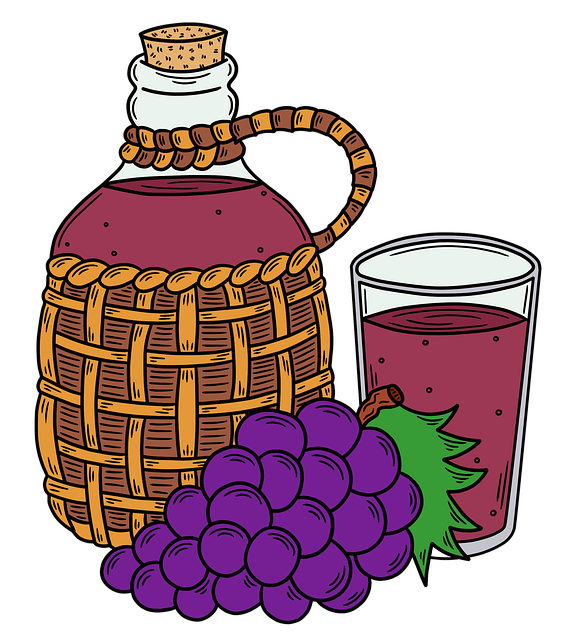
In the fast-paced world of international trade, accurate and timely customs and trade document translations are non-negotiable. UK businesses rely on trusted translation services to ensure compliance with complex regulations. Case studies demonstrate the impact of professional translation in facilitating smooth import/export processes. For instance, a leading UK retailer encountered challenges importing goods from Europe post-Brexit. Their decision to engage specialized translators resulted in faster clearance times at ports, reducing delays and associated costs significantly.
Another success story involves a small but ambitious export company specializing in artisanal food products. Accurate translations of product descriptions and labels ensured their unique offerings met EU standards for market entry. These real-world examples underscore the importance of high-quality UK translation services for customs filings, enhancing efficiency, compliance, and overall business success in an increasingly globalized marketplace.
Building Trust with Reliable and Secure Translation Partners

When it comes to customs and trade documents in the UK, accurate and reliable translations are non-negotiable. Building trust with a reputable translation partner is essential to ensure that your filings meet the highest standards of quality and security. Look for companies that have a proven track record in handling sensitive documentation, adhering to strict confidentiality agreements, and employing native-speaking translators with expertise in legal or commercial fields relevant to customs.
A trustworthy translation service will invest in secure systems to protect your data, ensuring that all documents are handled with the utmost discretion. They should also provide transparent communication throughout the process, offering clear project timelines, regular updates, and easy access to their team for any queries or clarifications. This open line of communication fosters a collaborative environment, allowing for quick resolution of issues and ensuring that your customs filings are accurately translated and submitted on time.
Future Trends Shaping Trusted Translation Services for UK Customs
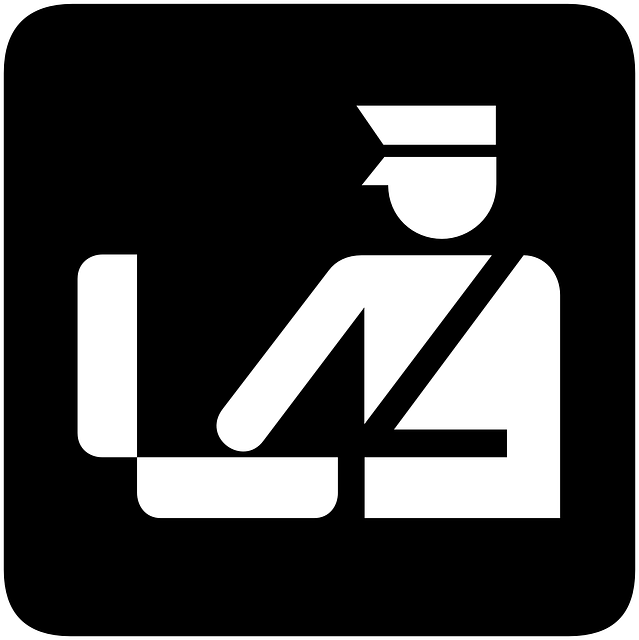
As the UK continues to evolve its customs landscape post-Brexit, so too does the demand for reliable and trusted translation services for crucial customs and trade documents. Future trends in technology are set to revolutionize this industry, offering enhanced efficiency and security for businesses navigating complex cross-border transactions. Artificial Intelligence (AI) and Machine Learning (ML) will play a significant role, with advanced algorithms capable of processing vast amounts of data and providing accurate translations in a fraction of the time. This not only speeds up customs clearance but also reduces potential errors that can lead to costly delays or penalties.
Additionally, blockchain technology is poised to bring transparency and security to the forefront of translation services. By creating an immutable record of each translation task, including details about the source document, translator, and any revisions made, businesses can ensure the authenticity and integrity of their customs filings. This trend ensures compliance with evolving regulatory requirements while providing a robust audit trail for tracking and managing translations over time.
In today’s globalized trade landscape, accurate and trusted translations of customs and trade documents are paramount for smooth UK import/export operations. This article has explored the critical role of professional translation services in navigating complex customs procedures, emphasizing the importance of quality, consistency, and legal compliance. By understanding key considerations when choosing a provider and recognizing the evolving trends in technology, businesses can ensure efficient and secure customs filings. Leveraging reliable translation partners is essential to build trust and maintain integrity within the UK’s vibrant trading ecosystem.

